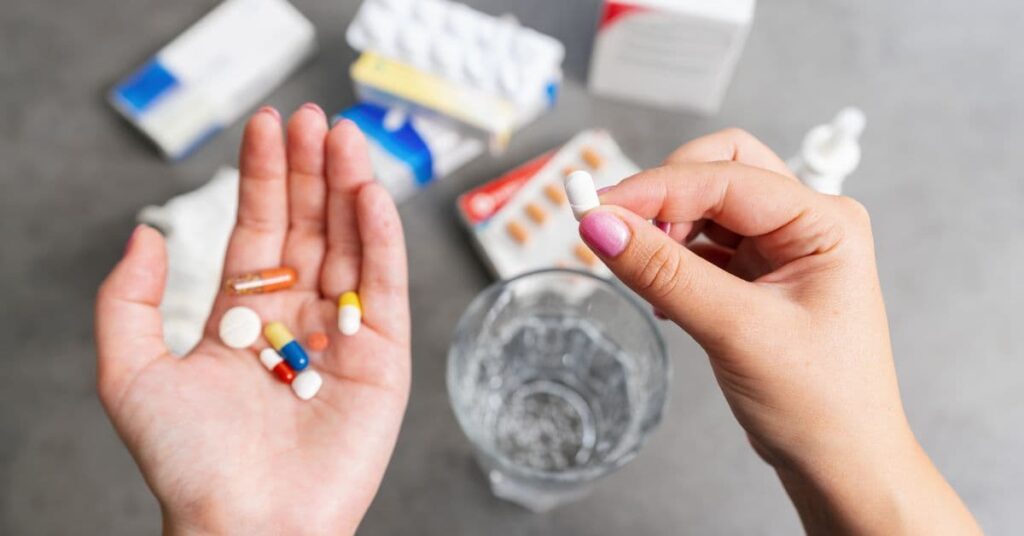Undergoing surgery is a significant event that requires careful post-operative care to ensure a smooth and speedy recovery. Whether you’ve had a minor procedure or major surgery, following the right post-surgical care regimen is crucial. Here are essential tips for faster recovery and effective pain management.
Follow Your Doctor’s Instructions
Your surgeon and healthcare team will provide specific post-operative instructions tailored to your procedure. These guidelines are crucial for your recovery and may include:
- Medication Management: Take prescribed medications as directed, including pain relievers and antibiotics.
- Activity Restrictions: Adhere to recommended activity levels and avoid strenuous activities that could hinder healing.
- Wound Care: Follow instructions for cleaning and dressing your wound to prevent infection.
Manage Pain Effectively

Pain management is a key aspect of post-surgical care. Proper pain control not only enhances comfort but also aids in faster recovery. Here’s how to manage pain effectively:
- Medication: Take pain medications as prescribed. Don’t wait until the pain becomes severe.
- Cold Therapy: Apply ice packs to the surgical area to reduce swelling and numb pain.
- Rest and Relaxation: Rest is vital for healing. Ensure you get plenty of sleep and avoid stress.
Stay Hydrated and Eat Nutritious Foods
Proper nutrition and hydration play a significant role in recovery. Eating well-balanced meals and drinking plenty of fluids can:
- Promote Healing: Nutrients like protein, vitamins, and minerals are essential for tissue repair and immune function.
- Prevent Constipation: Staying hydrated and eating fiber-rich foods can prevent constipation, a common side effect of pain medications.
Gradually Increase Physical Activity
While rest is important, so is gentle movement. Gradually increasing your physical activity can help:
- Improve Circulation: Light walking can enhance blood flow and reduce the risk of blood clots.
- Prevent Stiffness: Gentle movements can prevent stiffness and improve flexibility.
Monitor for Complications
Keep an eye out for signs of complications such as infection, excessive bleeding, or unusual pain. Contact your healthcare provider immediately if you notice:
- Fever: A high temperature may indicate an infection.
- Redness or Swelling: These could be signs of infection or poor circulation.
- Increased Pain: Pain that worsens rather than improves may require medical attention.
Follow-Up Appointments
Attend all follow-up appointments with your surgeon. These visits are essential for:
- Monitoring Recovery: Your doctor will check how well you’re healing and make any necessary adjustments to your care plan.
- Removing Stitches or Staples: If your surgery involved stitches or staples, they may need to be removed during a follow-up visit.
Practice Good Hygiene

Maintaining good hygiene can prevent infections and promote healing. Ensure you:
- Wash Hands Frequently: Clean hands reduce the risk of introducing bacteria to the surgical site.
- Keep the Wound Clean and Dry: Follow your doctor’s instructions for wound care and avoid soaking the wound until it’s fully healed.
Consider Physical Therapy
For some surgeries, physical therapy can be beneficial. A physical therapist can:
- Design a Recovery Plan: Tailor exercises to strengthen the surgical area and improve mobility.
- Provide Pain Relief Techniques: Teach methods to manage pain through exercises and other therapies.
Stay Positive and Patient
Recovery can be a slow process, and it’s essential to stay positive and patient. Mental well-being impacts physical recovery, so:
- Stay Connected: Keep in touch with friends and family for support.
- Engage in Relaxation Techniques: Practices like meditation and deep breathing can reduce stress and promote healing.
Post-surgical care is a critical component of the recovery process. By following your doctor’s instructions, managing pain effectively, maintaining good nutrition, and gradually increasing physical activity, you can enhance your recovery and return to your normal activities more quickly. Always monitor for any signs of complications and attend all follow-up appointments to ensure a smooth and successful recovery.
